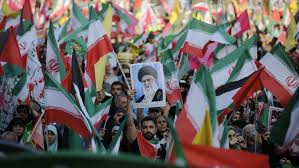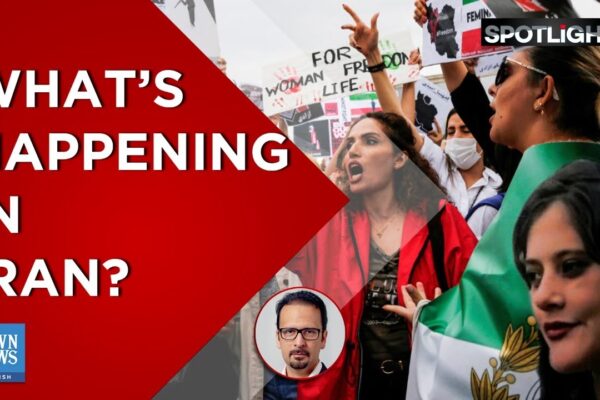
Introduction
The topic of Iranian regime change is of paramount importance, especially in light of recent protests and political unrest in the country. As the Iranian government faces civil discontent, the calls for regime change become more prominent, reshaping not only domestic dynamics but also international relations. The response of foreign powers and the implications of a potential regime change are of significant relevance to global geopolitics.
Current Events and Unrest
In 2023, Iran has witnessed some of its largest demonstrations in recent history, spurred largely by discontent over economic difficulties and repressive social policies. The protests began in late 2022 after the death of Mahsa Amini, a young woman detained for allegedly violating Iran’s dress code. Her death ignited widespread outrage against the Iranian regime, with many citizens calling for fundamental reforms and a shift in governance. Reports indicate that the protests have attracted significant attention from international media, drawing support from various civil rights organisations around the world.
The regime’s response has been marked by a heavy-handed crackdown, including internet blackouts, arresting protest leaders, and utilizing force against demonstrators. Despite these efforts to stifle dissent, the resilience of the protestors highlights a growing appetite for change among the Iranian populace.
International Response
The international community has closely monitored the situation, with countries like the United States and members of the European Union expressing solidarity with the protestors and condemning the regime’s crackdown. In September 2022, the U.S. announced new sanctions targeting Iranian officials responsible for human rights abuses, further complicating the geopolitical landscape.
Countries such as France and Germany have also made strong statements advocating for democracy in Iran, which may influence Iranian politics as the regime grapples with both internal and external pressures. These interventions are indicative of a wider strategy aiming to promote democratic values amid threats from authoritarian regimes.
Conclusion
The ongoing struggle for regime change in Iran holds significant implications for both the Iranian people and the international community. The efforts to galvanise public opinion within Iran, combined with foreign support for democratic movements, point toward a potential shift in the balance of power within this strategically important nation. As protests continue and political sentiments evolve, the world will closely observe how events unfold and what new configurations of power may emerge in the region. The pathway toward a peaceful resolution and potential regime change may influence not just Iranian sovereignty, but also the geopolitics of the Middle East.
You may also like

Understanding the Current Political Landscape in the UK

Current Events: What’s Happening in Iran

The UKIP Party: Recent Developments and Future Outlook
SEARCH
LAST NEWS
- Remembering Wendy Richard: The Promise to Co-Star Natalie Cassidy
- How Did Anglian Water Achieve an ‘Essentials’ Rating for Mental Health Accessibility?
- Shai Hope Leads West Indies in T20 World Cup Clash Against South Africa
- What We Know About Weston McKennie: Future at Juventus and Past at Leeds
- What We Know About the Upcoming Live Nation Antitrust Trial